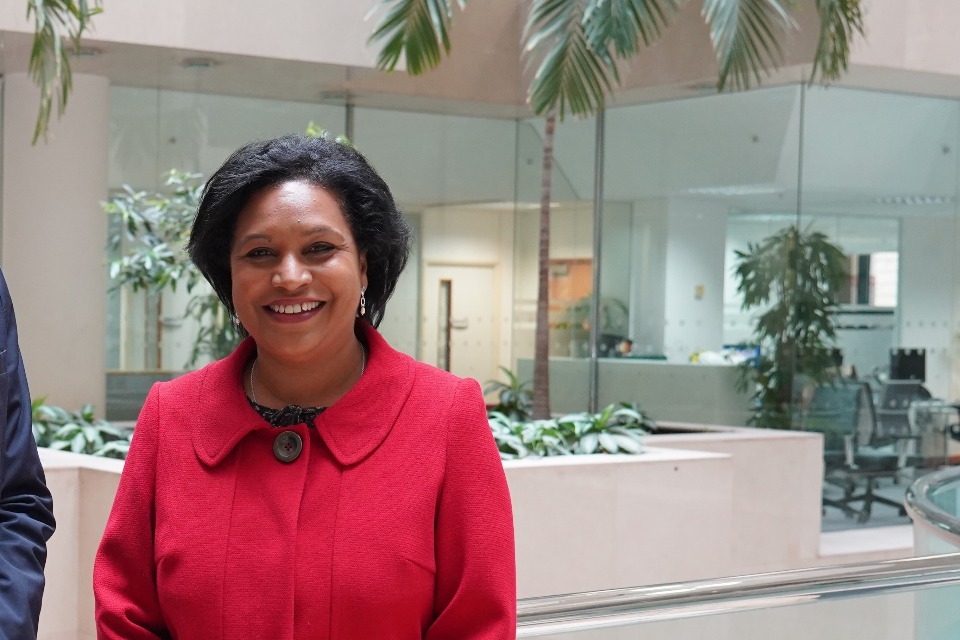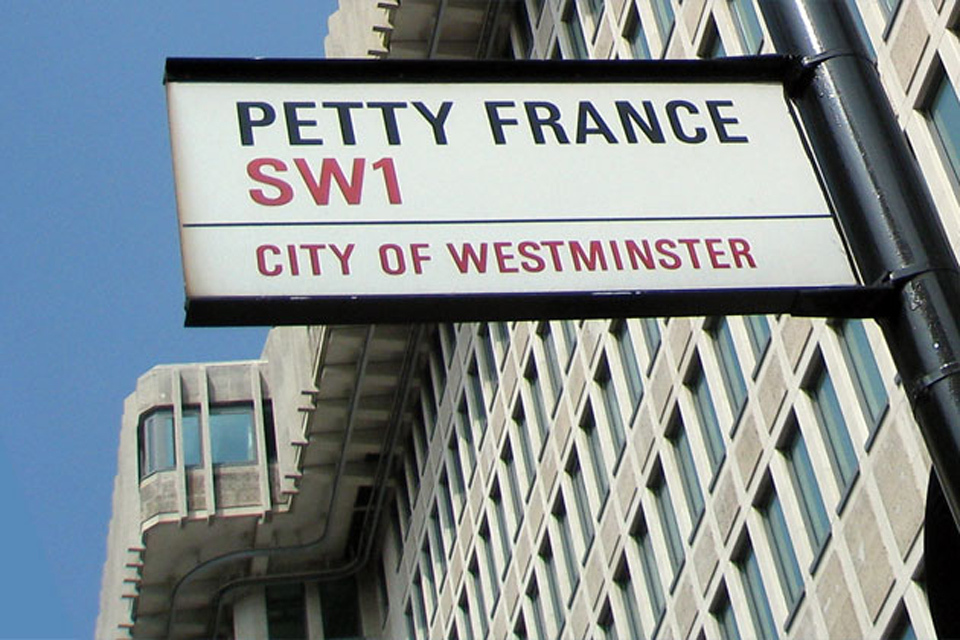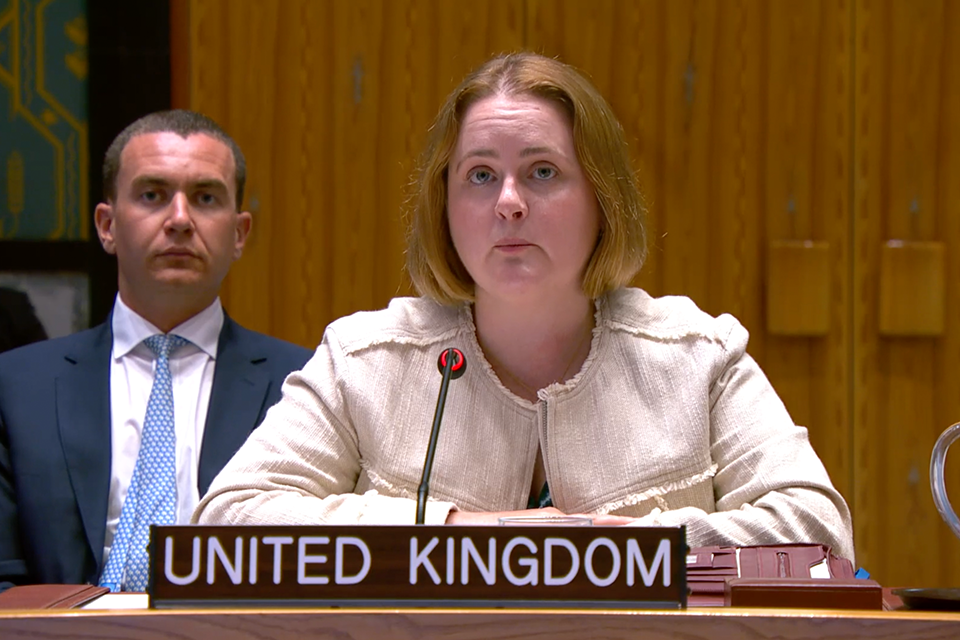Vulnerable children are to be better protected from harm after the government speeds up children’s social care reforms that prioritise prevention through its Plan for Change.
An extra £18 million will be spent on rolling out early intervention child protection reforms to councils in England to stop families from reaching crisis by strengthening leadership and speed up delivery.
The reforms include the roll out of Family Group Decision Making, an approach to involve extended family members in helping keep children at home rather than in care, and thousands more family help workers to provide earlier support for families experiencing challenges, such as substance misuse or poor mental health.
It comes after funding for this vital work has already been doubled to £523 million compared to last year, with a further commitment to increase funding by at least £300 million over the next two years.
Plans are also progressing to test the NHS number as a unique identifier to help piece data together across frontline health, schools and police services to detect concerns about children before they escalate.
A pilot between Wigan Council and NHS England is live and testing linking their systems to use the NHS number as the unique identifier. This will then be assessed to see how efficiently it helps to share information about safeguarding concerns with children before rolling it out further.
The identifier will ensure there is a more joined up and less piecemeal approach that ensures frontline safeguarding professionals share concerns about a child as early as possible to provide a holistic picture of when they may be, or are at risk of harm, before it escalates even further.
These updates mark significant progress in delivering key measures in the Children’s Wellbeing and Schools Bill, the biggest piece of safeguarding legislation in a generation.
Children and Families Minister Janet Daby
Time and again we’re told how failing to share information and intervene early enough means vulnerable children fall through the cracks.
These deep-rooted problems are symptomatic of a children’s social care system that has clearly been stretched to breaking point.
We’re putting an end to sticking plaster solutions through our Plan for Change by investing even more focus and funding into preventative services and information sharing.
Minister of State for Local Government and English Devolution Jim McMahon OBE
Through our Plan for Change we are getting councils back on their feet, working with local leaders to fix the foundations and rebuild the sector to deliver the vital public services local people rely on.
A key part of this involves reforming children’s social care to tackle problems at their root and give every child the best start in life.
In addition to the £523 million we are providing this year to the Families First Partnership Programme, this new £18 million from the Transformation Fund will further support local authorities and safeguarding partners to help us achieve this.
Children’s Commissioner Dame Rachel de Souza said
Children in care told me in my Big Ambition survey they want the same things as other children love, safety and stability in their family life. It’s absolutely right that we prioritise supporting families earlier on when challenges arise, with the goal of keeping them together safely.
I welcome this investment in caring for children and families but also in strengthening leadership locally, because my research has shown that decisions about children in care are too often driven by local capacity and resources, instead of what’s right for those children’s needs.
The introduction of a unique ID for every child will help identify problems early on and prevent any child becoming invisible to services, so robust and effective implementation will be essential, using evidence of what does and doesn’t work through this first pilot.
The latest announcements help to deliver on key measures in the Children’s Wellbeing and Schools Bill, including
- A unique number for every child – in the same way every adult has their own national insurance number – to join up systems and make sure no child falls through the cracks. A consistent identifier will allow those responsible for the safeguarding and welfare of children to better join relevant data and identify children who will benefit from additional support.
- Improved information sharing between agencies through a new information sharing duty to make sure that data that should be shared for safeguarding reasons, is shared.
- Rolling out Family Help reforms which will ensure children, young people and families experiencing multiple and complex challenges, including substance misuse or poor mental health, receive wraparound support and protection at the earliest opportunity before problems get worse.
- Requiring all local authorities to offer Family Group Decision Making – a service that brings extended family members together to keep children with families rather than entering care.
- Making sure every council operates best practice ‘multi-agency’ safeguarding panels, that bring together all the professionals that can best make sure children are kept safe both inside and outside the home.
It comes hand-in-hand with the government rolling out Best Start Family Hubs across every local authority to support 500,000 more children. The hubs will act as a one stop shop for parents seeking a range of support, including on difficulty breastfeeding, housing issues or children’s early development and language, reassuring families that they have convenient access to support in their local area or can be efficiently connected to specialist local services.
It also comes on top of £555m that was announced at the Spending Review to deliver children’s social care reforms and £560 million to refurbish and expand children’s homes, bringing the total investment to over £2 billion.








